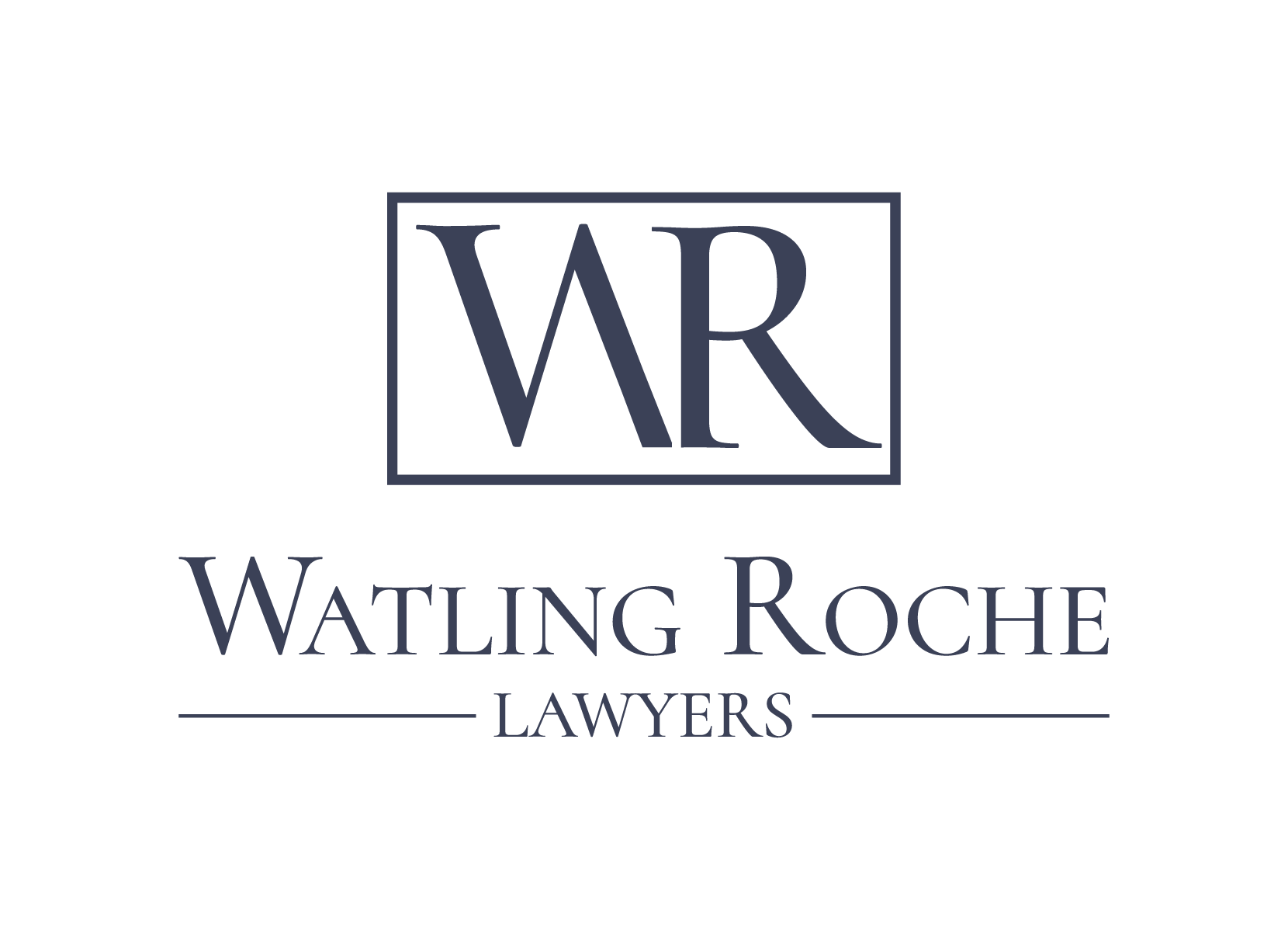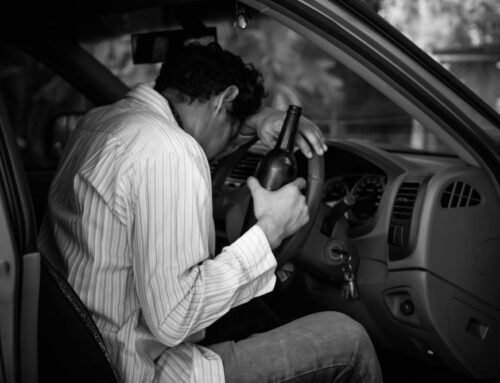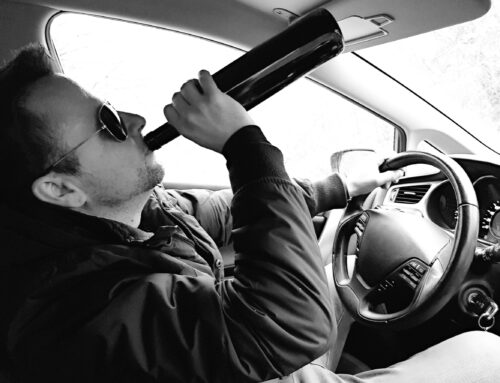In the battle to ensure road safety, drug driving laws play a crucial role. Queensland has implemented stringent legislation to combat drug-impaired driving, recognising the significant risks it poses to motorists and pedestrians alike. In this article, we delve into the unique aspects of drug driving laws in Queensland, exploring the legal framework, testing procedures, penalties, and the importance of awareness in curbing this dangerous practice.
The Legal Framework
In Queensland, drug driving is governed by the Transport Operations (Road Use Management) Act 1995. The law adopts a “zero tolerance” approach, making it an offence to drive with any illicit drug or prescribed medication present in your system while operating a vehicle. The legislation covers a broad range of drugs, including cannabis, methamphetamine, MDMA, and cocaine that may impair driving abilities.
Roadside Drug Testing
Detecting drug impairment presents unique challenges for Queensland police officers. Unlike alcohol, there is no universally accepted breathalyser equivalent for drugs. To enforce drug driving laws effectively, Queensland police employ roadside drug testing. The testing method primarily relies on saliva-based devices, allowing officers to detect the presence of drugs in a driver’s system. Random drug testing is conducted on roads across the state, aiming to deter drug-impaired driving and increase road safety. Drivers who refuse to undergo testing face penalties similar to those for positive drug tests.
The presence of drugs in a driver’s system does not necessarily indicate impairment at the time of testing, adding complexity to the legal framework surrounding drug driving.
Testing Procedures
When a driver tests positive during a roadside drug test, they are required to provide a second saliva sample for laboratory confirmation. This secondary test determines the specific drugs present and their concentration levels. If the laboratory test confirms the presence of drugs, charges may be laid, and legal proceedings commence.
Penalties and Consequences
Drug driving offences in Queensland carry significant penalties. The severity of the penalties depends on factors such as the type of drug detected, the concentration level, and whether it is a first-time offence or a repeat offence. Penalties include fines, license disqualification, and potential imprisonment. Repeat offenders face longer disqualification periods, mandatory participation in rehabilitation programs, and higher fines.
Prescriptions for medicinal Cannabis/Marijuana
It is important to note that it is still illegal to drive with any trace of cannabis that contains THC (tetrahydrocannabinol) in it regardless of whether a person has a prescription. It does not matter whether an individual is under the influence or not, if a hint of the drug is detected while driving this will lead to the charge of driving while a relevant drug is present. Drivers must be cautious and understand that a prescription for medicinal cannabis is only legal under certain and particular circumstances and does not include driving with THC in your system.
Awareness and Education
Raising awareness about drug driving laws is crucial in preventing drug-related accidents. Queensland invests in public education campaigns to inform drivers about the risks, consequences, and legal obligations associated with drug driving. These initiatives aim to promote responsible behaviour, encourage motorists to make informed choices, and foster a collective commitment to road safety. Raising awareness about drug driving laws also helps to ensure individuals are not caught out and charged by police for having just a trace amount of a relevant drug in their system which could have been consumed days or weeks ago.
Legal Support and Defence
When facing drug driving charges, it’s important to seek legal advice from experienced professionals. Drug driving lawyers in Queensland specialise in navigating the complexities of the legal system, providing guidance, and mounting a strong defence. They can help individuals understand their rights, explore legal options, and represent them during legal proceedings.
FREE CONSULTATION & FIXED FEES
Principal Solicitor, Ryan Roche at Watling Roche Lawyers can assist you with your drug driving charge. For a FREE CONSULTATION call 07 3188 1767 anytime, 24 hours / 7 days a week.






